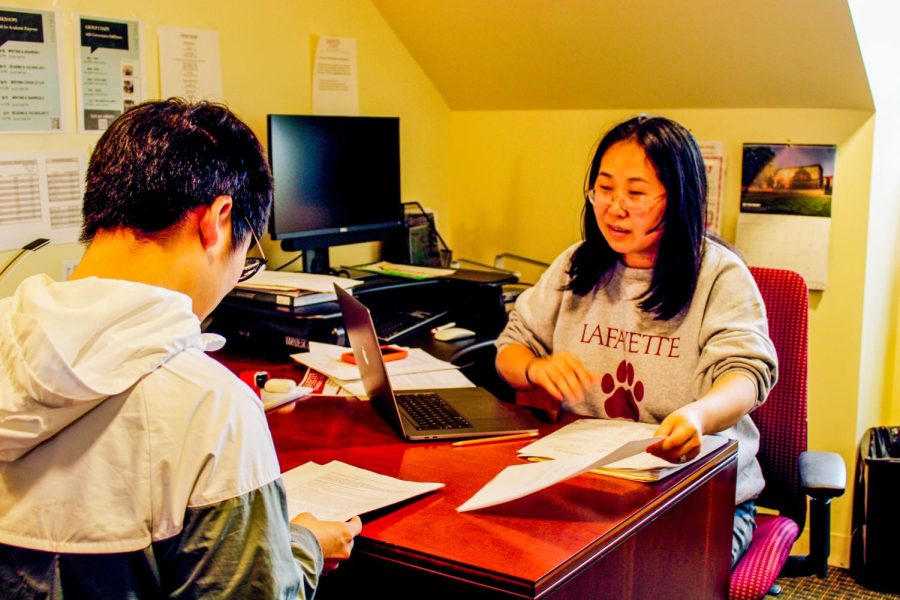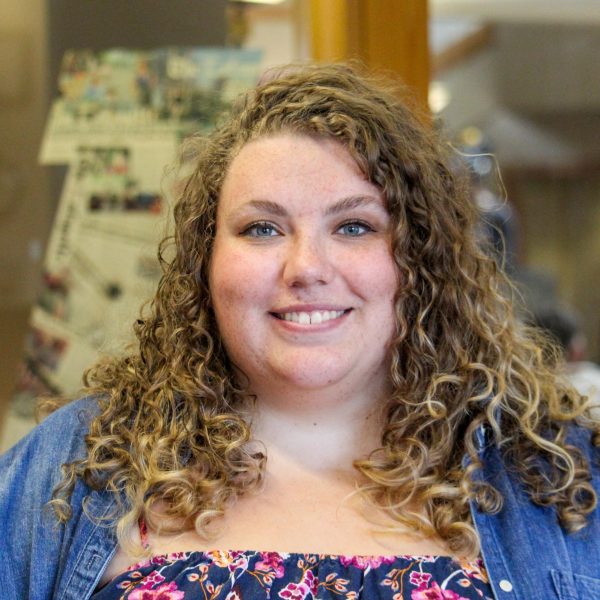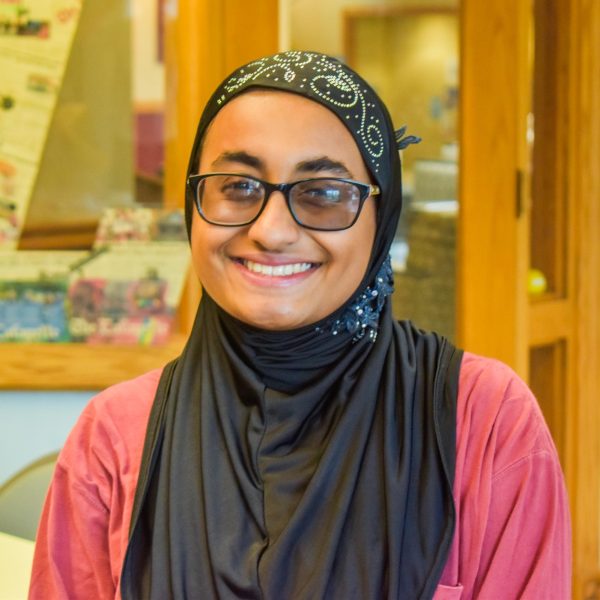Many students from all walks of life struggle with the transition into college reading, writing and discussion. For international students whose first languages are not English, these challenges are even more daunting. The English for Academic Purposes (EAP) Center, located on the third floor of Scott Hall, provides international students with academic, cultural and emotional support as they find their footing on campus.
Tingting Kang, EAP director, has been developing the program and widening its scope since her arrival at Lafayette in 2016.
“I started this program from scratch,” Kang said.
International students start their involvement with EAP by taking an English placement test to determine their skill level. Based on their results, they might be recommended a number of workshops offered by the program.
Eliso Morazara ‘25 grew up speaking Malagasy in his home country of Madagascar before learning French and finally English as his third language. The two most helpful EAP workshops for Morazara were those on academic writing and conversational speaking. Students who attend the conversational speaking workshop may participate in activities such as recording themselves speaking English, listening to the recording and finding places for improvement.
“It’s not just a matter of saying the right words or the right pronunciation. It’s about the flow,” Morazara said of conversational speaking.
According to Haoxuan Shi ‘26, who grew up in Beijing before attending high school in the United States, there are some things that can be intuitive to American students but unfamiliar to international students. One of the most valuable skills he has learned so far with the help of the EAP program is how to properly communicate with professors.
“Intelligence-wise, [international students] are the same. It’s just that there are rules that they just don’t know that we need to talk about and certain norms that we have on campus,” Kang explained.
The EAP Center provides a welcoming space for international students like Vanika Sok ‘26, who grew up speaking Khmer in Cambodia, to ask questions and discuss their struggles.
“We’re put in the situation with American students where we might be afraid to ask something because we think it’s a simple topic for others, but when we are put in this group of international students … we aren’t afraid to make mistakes and ask questions,” Sok said.
“Professor Kang has gone through all of what I’m going through right now. I feel understood, and just having that is some kind of comfort,” Morazara added. “She told me it’s okay to fail, just write. No matter what, just write.”
EAP also provides training for faculty to create inclusive classrooms for international students.
“By recruiting international students, we won’t automatically have a multicultural campus or a very diverse, inclusive campus. It won’t happen naturally,” Kang said. “It requires every aspect of campus, including faculty members and staff members, to develop this welcoming environment.”
The training encourages faculty members to consider the barriers that could prevent international students from participating fully in class. For example, many students who grew up in other cultures may be experiencing a discussion-based class for the first time. According to Kang, students may also come from a culture where asking questions of authority figures is seen as disrespectful.
Additionally, the formation of questions and comments in English can be difficult for international students in a fast-moving conversation.
“International students are using a second language or a third language to learn to communicate and to accomplish assignments that are similar to people who are using English as a first language,” Kang said. “They need to form a question or think about the question and form their speech in [English] and then talk about it, and that delays their response.”
Aside from speaking, the writing process can also expose some cultural differences. For example, according to Kang, students from Asian cultures may not be familiar with the American essay construction.
“Academic English writing is very direct — very to the point and very straightforward. In some cultures like Asian cultures, the structure is a circulation: different points are mentioned in circulated argument, but without talking to the key point,” Kang said.
International students looking for intensive help with their English skills and more comprehensive explanations of English writing and speaking norms can take advantage of the one-on-one tutors provided by EAP.
Kang sees this, along with opportunities for American students to work with EAP as English conversation partners, as beneficial for both American and international students.
“I think it’s a great opportunity not only for our international students to learn about U.S. culture, campus culture and practice their language skill, but also for these couple of American students to talk to someone who comes from a different culture and develop their cultural competence,” Kang said.
“I think this a very important skill as a person in this global world,” Kang continued.
Kang believes that every member of the campus community can take steps to ensure that international students feel welcome and comfortable on campus.
“If you have international students in your classroom, say ‘hi’ to them. Learn about their language … Be more open-minded and learn about different cultures,” Kang said. “Student using their second language … are full of resources and knowledge that we can appreciate and learn from.”





















































































































